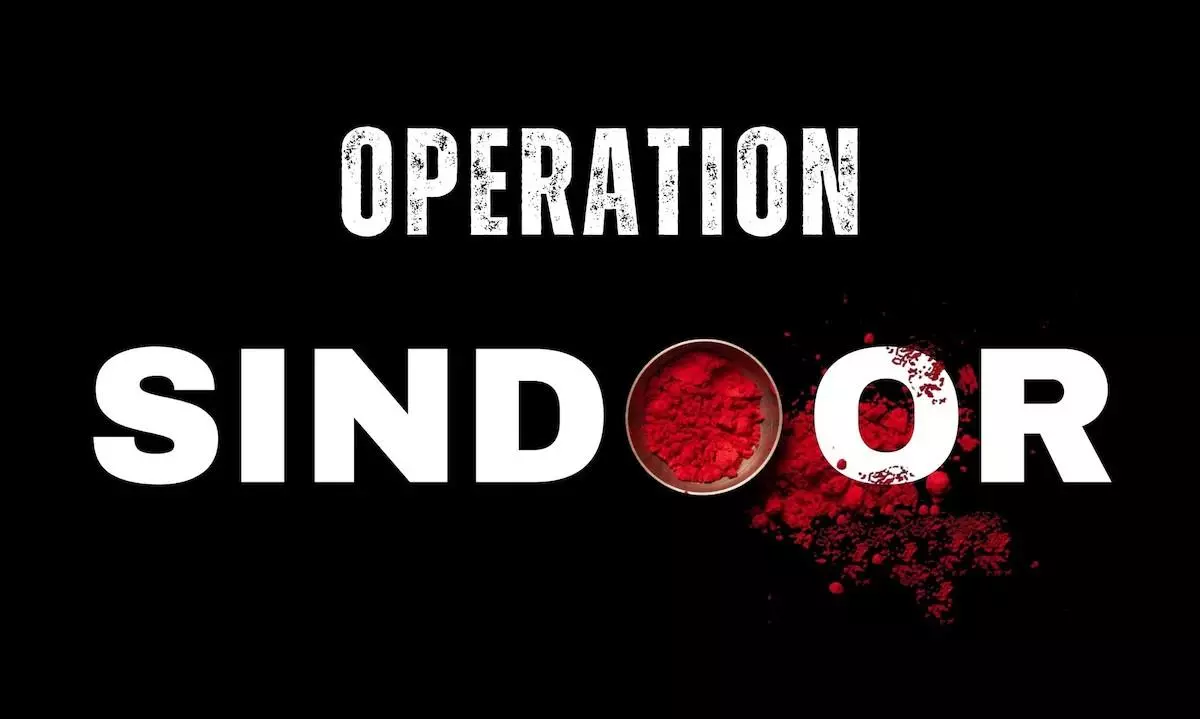
World responds to India’s ‘Operation Sindoor’ on terror dens in Pakistan
text_fieldsThe international community has expressed serious concern following India’s launch of “Operation Sindoor”, a cross-border military operation that targeted multiple locations in Pakistan and Pakistan-administered Kashmir, which New Delhi alleges were being used as terrorist training camps.
The offensive has intensified tensions between the two nuclear-armed neighbours, with Islamabad retaliating by claiming to have struck Indian army positions and downed several warplanes. Overnight violence resulted in the deaths of at least 26 people in Pakistan and 10 in Indian-administered Kashmir, according to officials.
As the most significant escalation in hostilities between the two countries in recent decades, global leaders and organisations have urged both sides to exercise restraint and avoid further military confrontation.
US President Donald Trump said he was aware of the situation and hoped for a quick end to the conflict, while US Secretary of State Marco Rubio confirmed that Washington is monitoring developments and engaging with both sides to prevent further escalation.
The United Nations, through Secretary-General António Guterres’s spokesperson, expressed grave concern about the Indian strikes across the Line of Control and the international border. The UN warned that the world cannot afford another conflict involving nuclear-armed states and urged both sides to show maximum military restraint while protecting civilians.
France’s Foreign Minister Jean-Noël Barrot acknowledged India’s right to defend itself against terrorism but stressed the importance of preventing a larger conflict. He called on both New Delhi and Islamabad to avoid an escalation and ensure the safety of civilian populations.
Japan’s Chief Cabinet Secretary Yoshimasa Hayashi also voiced strong concern, condemning the April 22 terror attack in Kashmir while warning that retaliatory actions could spiral into full-scale conflict.
Regional and Gulf nations also responded with calls for peace. UAE Foreign Minister Abdullah bin Zayed Al Nahyan urged both countries to exercise restraint and stressed the value of diplomacy and dialogue in resolving crises. Qatar’s Ministry of Foreign Affairs similarly expressed deep concern over the situation and emphasised the importance of maintaining open communication channels between the two nations.
Russia, which shares longstanding ties with both India and Pakistan, conveyed its deep concern through a statement from the Ministry of Foreign Affairs. Moscow urged both countries to de-escalate the confrontation and reaffirmed its opposition to terrorism. Israel’s ambassador to India, Reuven Azar, expressed support for India’s right to self-defence and stated that terrorists should not be allowed to escape accountability.
China’s Ministry of Foreign Affairs, through its spokesperson, expressed regret over India’s military actions and urged both India and Pakistan to avoid steps that could worsen the crisis. Beijing reiterated its opposition to terrorism but emphasised that stability and peace must remain the priority in South Asia.












